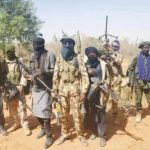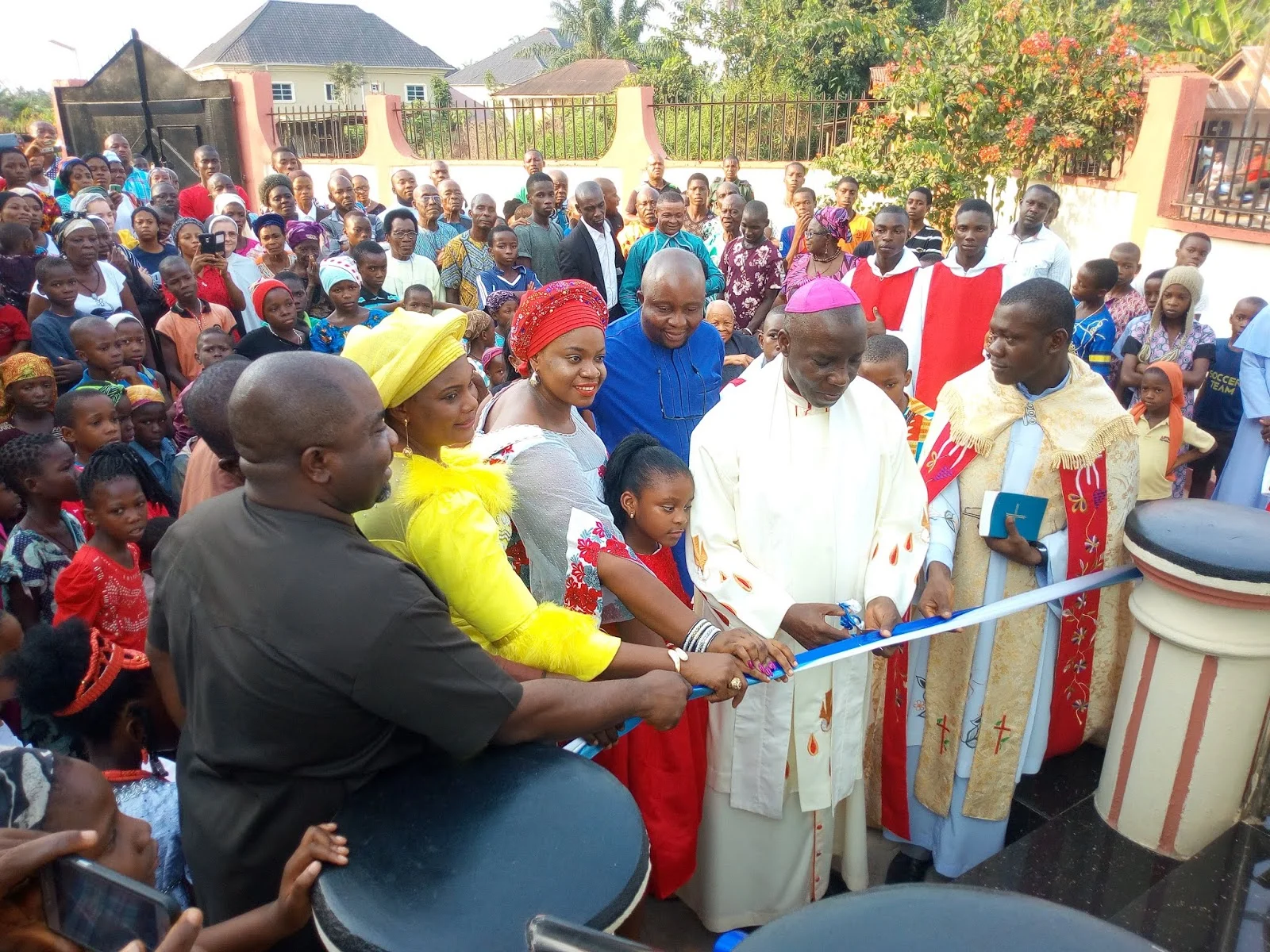Burkina Faso, Mali and Niger Republic announced, on Sunday, that they had quit their membership of the Economic Community of West African States.
The three countries, which are currently under military rule, said they ceased to be members of ECOWAS as the regional body had allegedly “moved away from the ideals of its founding fathers and pan-Africanism.”
But the ECOWAS Commission, in a swift reaction, said it was not aware of the withdrawal of the three countries, adding that “Burkina Faso, Niger, and Mali remain important members of the Community and the Authority.”
In a joint statement on Sunday “done in Ouagadougou, Bamako and Niamey” by their military leaders, Capt. Ibrahim Traoré (Burkina Faso), Col. Assimi Goita (Mali), and Brig. Gen. Abdourahamane Tiani (Niger Republic), the three countries announced their withdrawal from ECOWAS.
They claimed that ECOWAS had become a threat to its member states.
“Eager to achieve integration between the states of the sub-region and driven by the ideals of brotherhood, solidarity, mutual aid, peace and development, their Excellencies General Aboubacar Sangoulé Lamizana, General Moussa Traoré and Lieutenant Colonel Seyni Kountchė, respectively Heads of State of Upper Volta (current Burkina Faso), Mali and Niger, created with12 of their peers, on May 28, 1975, in Lagos, the Economic Community of West African States.
“After 49 years of existence, the valiant people of Burkina, Mali and Niger note with much regret, bitterness and great disappointment that their organisation has moved away from the ideals of its founding fathers and pan-Africanism.
“Furthermore, ECOWAS, under the influence of foreign powers, betraying its founding principles, has become a threat to its member states and its populations whose happiness it is supposed to ensure,” the statement read.
The joint statement accused ECOWAS of failing to assist the three countries in fighting “existential” threats like terrorism — the common reason cited by their militaries for deposing their democratically elected governments.
“Indeed, the organisation has not provided assistance to our states in the context of our existential fight against terrorism and insecurity; worse, when these states decided to take their destiny into their own hands, it adopted an irrational and unacceptable posture by imposing illegal, illegitimate, inhumane and irresponsible sanctions in violation of its own texts; all things which have further weakened populations already bruised by years of violence imposed by instrumentalised and remote-controlled terrorist hordes,” they said.
They noted that their membership withdrawal was with immediate effect.
“Faced with this continuing situation, Their Excellencies, Captain Ibrahim Traoré, Colonel Assimi Goita and Brigadier General Abdourahamane Tiani, respectively Heads of State of Burkina Faso, the Republic of Mali and the Republic of Niger, taking all their responsibilities in the face of history and responding to the expectations, concerns and aspirations of their populations, decide in complete sovereignty on the immediate withdrawal of Burkina Faso, Mali and Niger from the Economic Community of West African States,” it added.
But responding in a communique released in Abuja on Sunday, the ECOWAS Commission said it had yet to receive a direct formal notification about Burkina Faso, Mali and Niger’s withdrawal from the West Africa regional bloc.
“The attention of the Commission of the Economic Community of West African States has been drawn to a statement broadcast on the National Televisions of Mali and Niger announcing the decision of Burkina Faso, Mali and Niger to withdraw from ECOWAS.
“The ECOWAS Commission is yet to receive any direct formal notification from the three member states about their intention to withdraw from the community.
“The ECOWAS Commission, as directed by the Authority of Heads of State and Government, has been working assiduously with these countries for the restoration of constitutional order.
“Burkina Faso, Niger, and Mali remain important members of the Community and the Authority remains committed to finding a negotiated solution to the political impasse.
“The ECOWAS Commission remains seized with the development and shall make further pronouncements as the situation evolves,” the communique read.
Struggling with jihadist violence and poverty, the regimes have had tense ties with ECOWAS since coups took place in Niger last July, Burkina Faso in 2022 and Mali in 2020.
All three were suspended from ECOWAS, with Niger and Mali facing heavy sanctions.
ECOWAS had imposed economic sanctions on Niger in July 2023, following a military coup which ousted President Mohamed Bazoum.
The sanctions include a ban on travel, border closure and a freeze on assets belonging to the government and its supporters.
The prime minister appointed by Niger’s military regime on Thursday blasted ECOWAS for “bad faith” after the bloc largely shunned a planned meeting in Niamey.
Sunday’s announcement was the latest twist in a series of events that had deepened political tension in West Africa since it experienced its latest of a string of coups — in Niger — last year. It also comes as the three nations have formed a security alliance after severing military ties with France and other European nations and turning to Russia for support.
Meanwhile, the President of the ECOWAS Court, Justice Edward Asante, on Sunday, called on justices and other court officials to strive for the unity of member countries.
He encouraged them to avoid conflicts and any behaviour that could harm the court’s ability to fulfill its assigned mandate.
He spoke at the dinner and award ceremony held on Saturday to mark the commencement of activities for the new year in Abuja.
Asante said, “Let us work together as a family so that we can achieve everything we want to achieve for our communities. We should bear in mind that we are not working for ourselves but for our communities. We have to be more committed and dedicated. We should be able to do other tasks assigned to us. To benefit the entire subregion and especially the indigent citizens of our community. I will also urge us to foster unity. Which is the most important thing for our court. We need to work together as one family. Bickering among each other will not help us to achieve the mandates of the court.”
This, he said was a result of the dwindling revenue of the court.
He said, “The community we work for is in serious financial crisis. Community levy is dwindling and we have to bear in mind that missions are going to reduce. Today you might be selected for a mission, and be very important for a particular mission the next time you may not be.






2 Comments